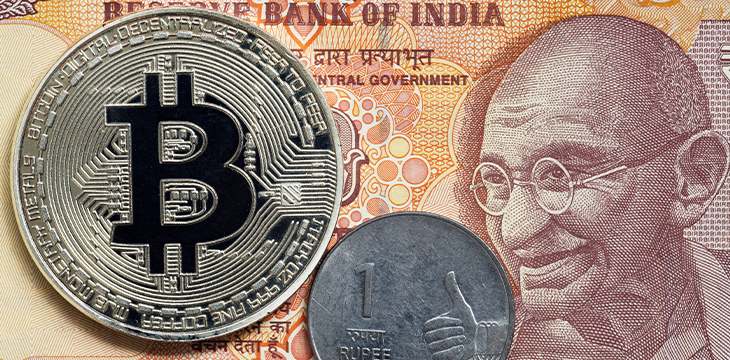
|
Getting your Trinity Audio player ready... |
India’s finance minister, Nirmala Sitharaman, has explained why the Ministry of Finance has not followed the same course as the Reserve Bank of India (RBI) in its approach to the digital assets market.
She made the clarification in a response written to parliament to address five questions raised by Shri Thirumaavalavan Thol, a member of the lower house—the Lok Sabha. The house member asked if the RBI has given specific instructions or recommended regulation frameworks for digital assets and if the government has any similar or counter plans.
Sitharaman noted that the RBI had issued several notices warning investors of digital assets. The central bank also, in 2018, prohibited banks from facilitating digital asset-related transactions, but the ban was lifted by the Supreme Court in 2020, she added.
She added that the Ministry of Finance agrees with the central bank that digital assets do not qualify as currency. This is for several reasons, including that they only have value as speculative assets and are not backed by any government.
Regardless of this shared opinion, the finance ministry is not in support of the RBI’s lingering recommendation to ban digital assets. This is because a decision to ban or regulate digital assets will only be effective if there is international collaboration due to their borderless nature.
“Cryptocurrencies are by definition borderless and require international collaboration to prevent regulatory arbitrage. Therefore any legislation for regulation or banning can be effective only after significant international collaboration on evaluation of the risks and benefits and evolution of common taxonomy and standards,” she said.
India’s indecisiveness has been affecting the digital assets market
Currently, the two entities have continued to implement tightened digital assets regulations. The RBI has tightened digital assets KYC and AML/CFT requirements for regulated entities to ensure digital asset firms are not served while leaving the prospect of a ban hanging over the market.
Similarly, the Ministry of Finance recently introduced a 30% unrealized gains tax and a 1% TDS regime that has wreaked havoc on the Indian digital assets market. According to reports, the government is also considering a 28% GST tax, all while not having provided proper legal recognition for digital assets.
Notably, this indecisiveness has forced investments in the Indian digital assets sector to slow down. A recent study by PwC shows that digital assets startup funding in India fell by 40% in Q2 2022, dipping to $6.8 billion.
Watch: The BSV Global Blockchain Convention panel, Blockchain for Government Data & Applications
https://www.youtube.com/watch?v=ggbZ8YedpBE&t=30603s
Recommended for you
Lorem ipsum odor amet, consectetuer adipiscing elit. Elit torquent maximus natoque viverra cursus maximus felis. Auctor commodo aliquet himenaeos fermentum
Lorem ipsum odor amet, consectetuer adipiscing elit. Accumsan mi at at semper libero pretium justo. Dictum parturient conubia turpis interdum

 11-21-2024
11-21-2024


